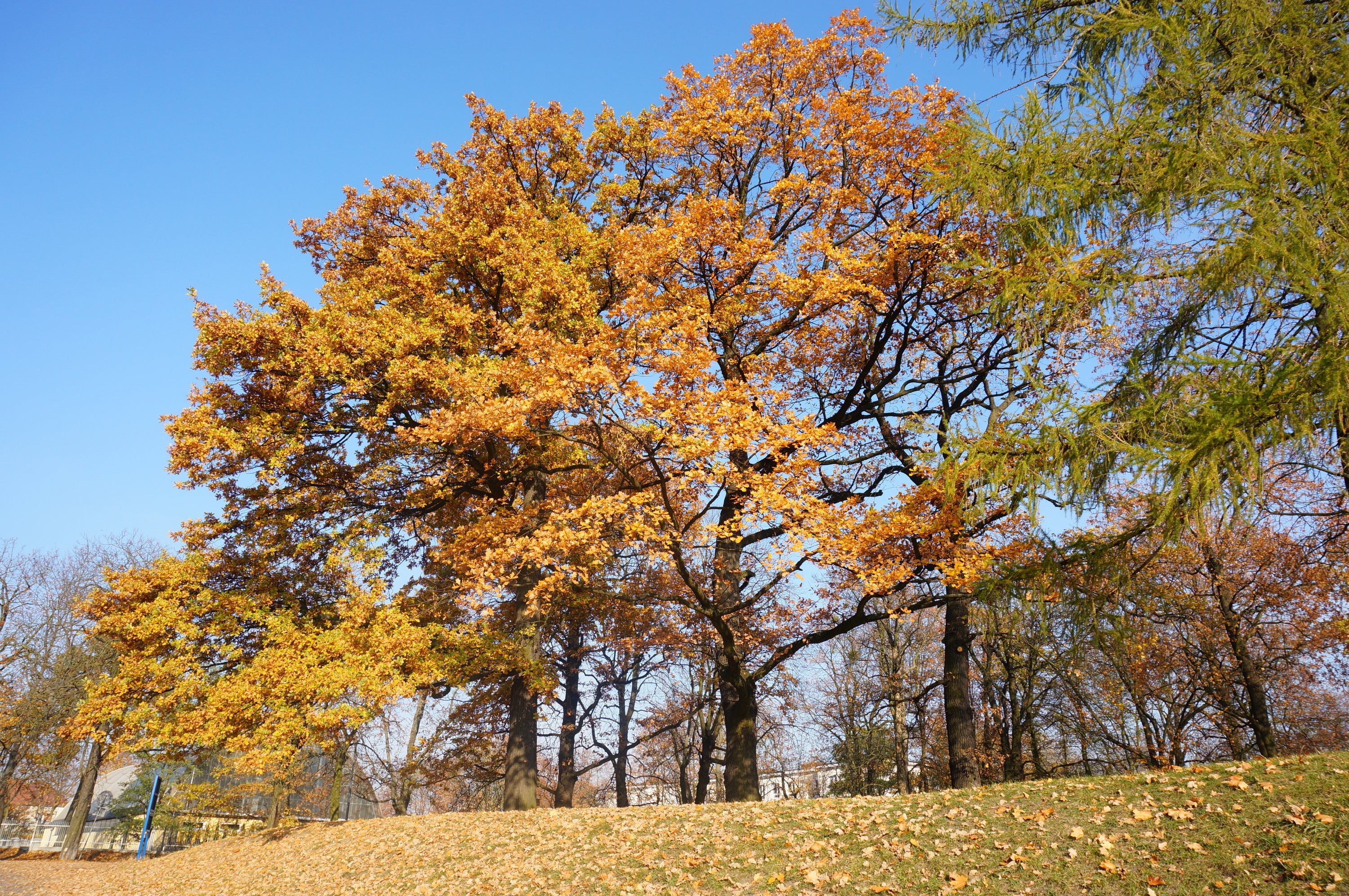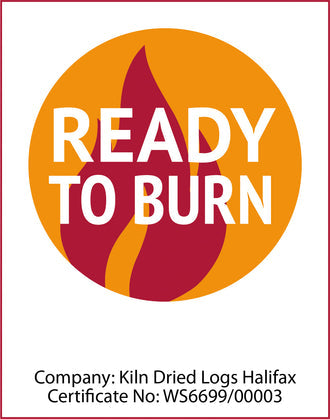
Is Beech Good Firewood? A Complete Guide to Premium Heating
When choosing the right firewood for your home heating needs, the question "is beech good firewood" frequently arises among homeowners and wood-burning enthusiasts. Beech stands as one of the premium hardwood choices for firewood, offering exceptional heat output, clean burning characteristics, and reliable performance across all types of wood-burning appliances. This comprehensive guide examines why beech firewood has earned its reputation as a top-tier heating fuel and how it compares to other popular firewood options.
Understanding Beech as Premium Firewood
Beech firewood represents one of nature's finest heating fuels, classified as a dense hardwood that delivers outstanding thermal performance. The beech tree (Fagus sylvatica) produces wood with a tight grain structure and high density, characteristics that directly translate to superior burning qualities. When properly seasoned or kiln-dried, beech wood achieves moisture content levels below 20%, making it an excellent choice for efficient combustion.
The cellular structure of beech wood contains fewer air pockets compared to softwoods, resulting in denser fuel that burns longer and produces more consistent heat. This density factor makes beech particularly valuable for overnight burns and extended heating periods. Professional suppliers recognize beech as a premium hardwood alongside oak, ash, and birch, often commanding higher prices due to its superior performance characteristics.

Beech logs exhibit excellent splitting properties when properly seasoned, making them practical for home use. The wood splits cleanly along its grain lines, creating manageable pieces that fit well in most wood stoves and fireplaces. This workability factor contributes to beech's popularity among both commercial suppliers and residential users who appreciate easy handling and storage.
Heat Output and Energy Content of Beech Firewood
The thermal performance of beech firewood places it among the highest-rated hardwoods for heat production. Beech generates approximately 27 million BTUs per cord when properly dried, positioning it comparable to oak and slightly higher than many other hardwood species. This high energy content means homeowners require less volume of beech logs to achieve the same heating results compared to lower-density woods.
The consistent heat output from beech firewood makes it particularly suitable for primary heating applications rather than just supplemental warmth. When burned in efficient wood stoves or modern fireplaces, beech maintains steady temperatures over extended periods, reducing the frequency of refueling and providing more convenient operation. This reliability factor becomes especially important during cold weather when consistent heating performance is essential.
Beech's high density also contributes to excellent coaling properties, meaning the wood produces long-lasting embers that maintain heat even after the visible flames subside. These coals provide an ideal base for adding fresh fuel, making fire management easier and more efficient. The superior coaling characteristics of beech logs extend burning times and improve overall fuel efficiency in wood-burning systems.
Burning Characteristics and Performance
The burning characteristics of beech firewood demonstrate why it ranks among the preferred choices for serious wood burners. Beech produces minimal smoke when properly seasoned, creating cleaner combustion that reduces chimney maintenance and environmental impact. The low smoke production results from beech's ability to burn completely when adequate air supply is maintained, converting most of the wood's energy content into useful heat rather than unburned particles.
Beech logs ignite readily when properly dried, requiring standard fire-starting techniques without excessive preparation. The wood catches flame consistently and establishes a strong fire base quickly, making it practical for both experienced and novice wood burners. Once established, beech fires burn with steady, manageable flames that provide good visual appeal in open fireplaces while delivering substantial heat output.
The ash production from beech firewood remains moderate and manageable, typically producing fine, light-colored ash that compacts well and removes easily from fireboxes. This ash contains valuable minerals and can be used as garden fertilizer when completely cooled, adding practical value beyond just heating. The moderate ash production means less frequent cleaning requirements compared to some other wood species.
Is Beech Good Firewood Compared to Other Hardwoods?
When evaluating whether beech qualifies as good firewood, direct comparisons with other premium hardwoods provide valuable perspective. The following comparison table demonstrates how beech firewood performs against other popular hardwood species across key performance metrics:
|
Wood Type |
Heat Output (BTU/Cord) |
Ease of Splitting |
Smoke Production |
Coaling Quality |
Seasoning Time |
Availability |
|
Beech |
27 million |
Good |
Low |
Excellent |
12-18 months |
Good |
|
Oak |
29 million |
Difficult |
Low |
Excellent |
18-24 months |
Excellent |
|
Ash |
24 million |
Excellent |
Very Low |
Good |
6-12 months |
Good |
|
Birch |
26 million |
Good |
Medium |
Good |
12-18 months |
Good |
|
Maple |
25 million |
Good |
Low |
Good |
12-18 months |
Excellent |
|
Cherry |
20 million |
Easy |
Low |
Fair |
8-12 months |
Limited |
This comparison reveals beech's competitive position among premium hardwoods. Beech consistently ranks alongside oak, ash, and birch as top-tier firewood choices, often exceeding the performance of more commonly available species like maple or cherry. The data shows that while oak slightly edges beech in total heat output, beech offers superior splitting characteristics and faster seasoning times.
In terms of heat output, beech firewood delivers energy content comparable to oak while typically costing less per cord in many markets. This value proposition makes beech an attractive option for homeowners seeking premium performance without premium pricing. The burning duration of beech logs matches or exceeds most hardwood alternatives, providing excellent value for heating applications.
The splitting and handling characteristics of beech compare favorably to other hardwoods, though individual preferences may vary based on specific applications. Beech splits more easily than oak but requires more effort than ash, positioning it in the middle range for processing difficulty. The consistent grain structure of beech logs makes them predictable to work with, reducing frustration during preparation.
Seasoning and Moisture Content Requirements
Proper seasoning represents a critical factor in maximizing the performance of beech firewood, as with all wood species used for heating. Beech requires adequate drying time to achieve optimal moisture content levels, typically needing 12-18 months of air seasoning under proper conditions. The dense nature of beech wood means it retains moisture longer than some other species, making proper seasoning essential for good performance.
Kiln-dried beech firewood offers significant advantages over air-seasoned alternatives, achieving moisture content below 20% through controlled drying processes. Professional kiln drying eliminates much of the guesswork associated with seasoning, providing consistently dry fuel that burns efficiently from the moment of delivery. This controlled moisture content ensures reliable ignition and optimal heat output.
The moisture content of beech logs directly impacts their burning characteristics, with properly dried wood producing more heat, less smoke, and fewer creosote deposits. Wet or inadequately seasoned beech burns poorly, creating excessive smoke and reducing heat output while potentially causing chimney problems. Investment in properly dried beech firewood pays dividends through improved performance and reduced maintenance issues.
Cost Considerations and Value Analysis
The economic aspects of choosing beech firewood involve balancing initial costs against performance benefits and overall heating value. Beech typically commands premium pricing compared to mixed hardwood or lower-grade species, reflecting its superior burning characteristics and energy content. However, the higher heat output and longer burning duration of beech logs often justify the additional cost through improved efficiency.
When calculating the true cost of beech firewood, homeowners should consider the total heating value rather than just the per-cord price. The high energy content and extended burning duration of beech means fewer cords are required to achieve the same heating results compared to lower-quality alternatives. This efficiency factor can offset higher initial costs through reduced fuel consumption.
The convenience factors associated with beech firewood also contribute to its overall value proposition. The clean burning characteristics reduce chimney maintenance costs, while the reliable ignition and consistent heat output improve user experience. These practical benefits add value beyond just the thermal energy content of the fuel itself.
Where to Source Quality Beech Firewood
Finding reliable sources for premium beech firewood requires identifying suppliers who prioritize quality, proper processing, and customer service. Professional firewood dealers who specialize in premium hardwoods typically offer the most consistent beech log quality, with proper seasoning or kiln drying processes that ensure optimal performance. These specialized suppliers understand the characteristics that make beech firewood exceptional and maintain standards that preserve those qualities.
For homeowners seeking premium beech firewood with guaranteed quality and reliable delivery, Kiln Dried Logs at https://kiln-driedlogs.co.uk/ offers professionally processed hardwood logs including beech varieties. Their kiln drying process ensures moisture content below 20%, providing consistently excellent burning performance. As a family-owned business with years of specialist distribution experience, they understand the importance of quality fuel for home heating needs and offer convenient delivery services to ensure customers receive premium products when needed.
The convenience of sourcing from established suppliers includes benefits like consistent sizing, guaranteed moisture content, and reliable delivery schedules that help homeowners maintain adequate fuel supplies throughout heating seasons. Professional suppliers also provide expertise and support that helps customers optimize their wood-burning systems for maximum efficiency and satisfaction.
Conclusion: Beech as Premium Heating Fuel
The evidence clearly supports beech's classification as excellent firewood that meets the demanding requirements of serious wood burners. From its exceptional heat output and clean burning characteristics to its practical handling properties and environmental sustainability, beech firewood delivers performance that justifies its premium status among hardwood heating fuels. The consistent quality and reliable performance of properly processed beech logs make them a valuable investment for homeowners who prioritize heating efficiency and convenience.
Whether used as a primary heating source or supplemental warmth, beech firewood provides the thermal performance and burning characteristics that create satisfying and effective wood-burning experiences. The combination of high energy content, manageable handling, and clean combustion makes beech an ideal choice for modern wood-burning appliances and traditional fireplaces alike. For those seeking premium firewood that delivers exceptional value and performance, beech logs represent one of the finest options available in today's heating fuel market.
Frequently Asked Questions About Beech Firewood
Is Beech a Good Firewood?
Yes, beech is excellent firewood. It produces high heat output (27 million BTUs per cord), burns cleanly with minimal smoke, and creates long-lasting coals. Beech splits easily when dry, ignites readily, and provides consistent heat. It's ranked alongside oak and ash as premium hardwood for heating.
What Are the Best Uses for Beech?
Beech works perfectly in wood stoves, fireplaces, and outdoor fire pits. Its high heat output makes it ideal for primary home heating, while clean burning suits areas with emission rules. Beech logs also work great for cooking fires due to consistent temperature control.
Which Is Better: Kiln Dried Beech or Seasoned Beech?
Kiln dried beech is better. It has guaranteed moisture content below 20%, ignites easier, and burns more efficiently than air-seasoned beech. While seasoned beech can work well after 12-18 months of proper drying, kiln dried provides immediate optimal performance without guesswork.
Share
